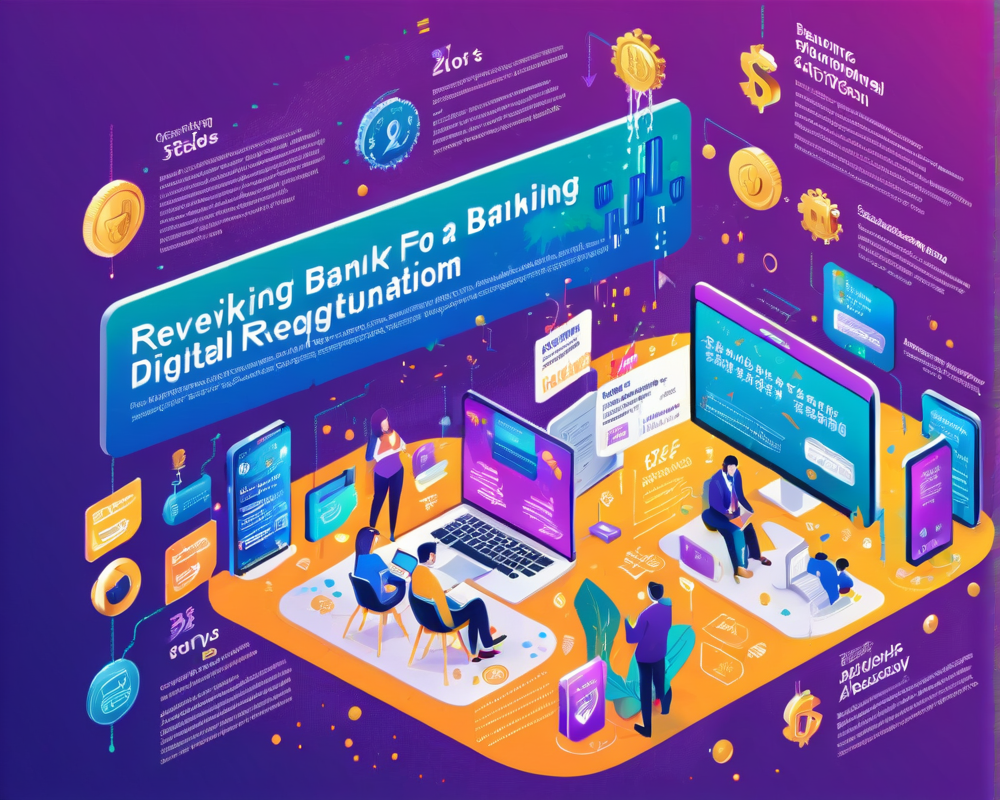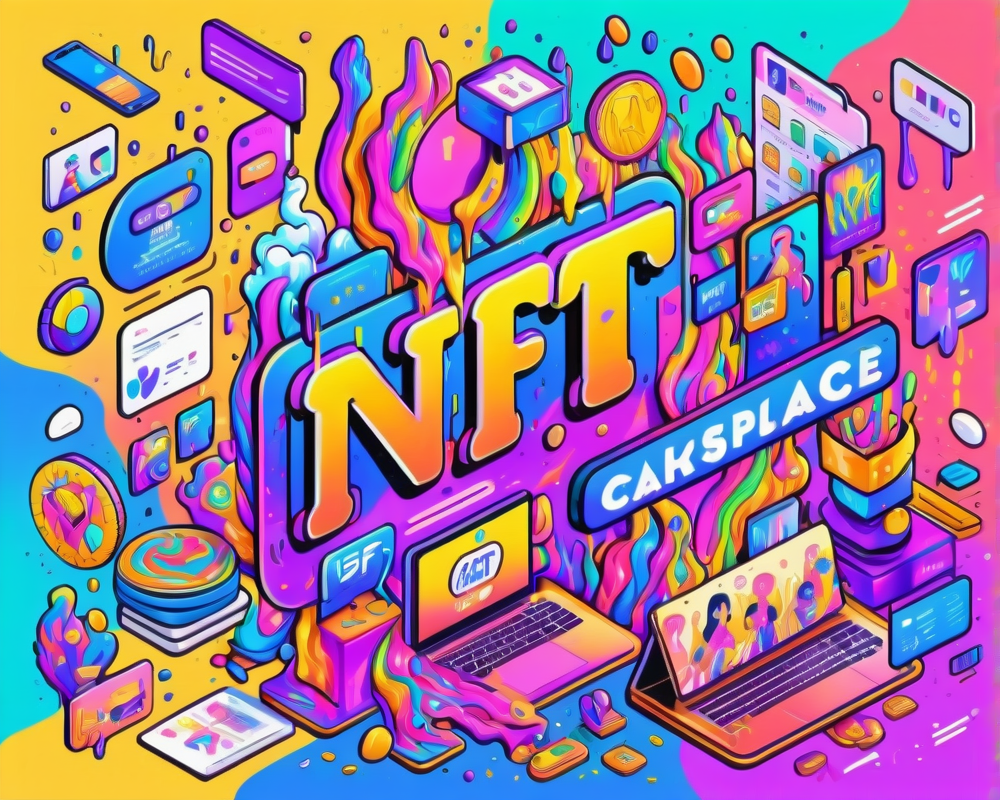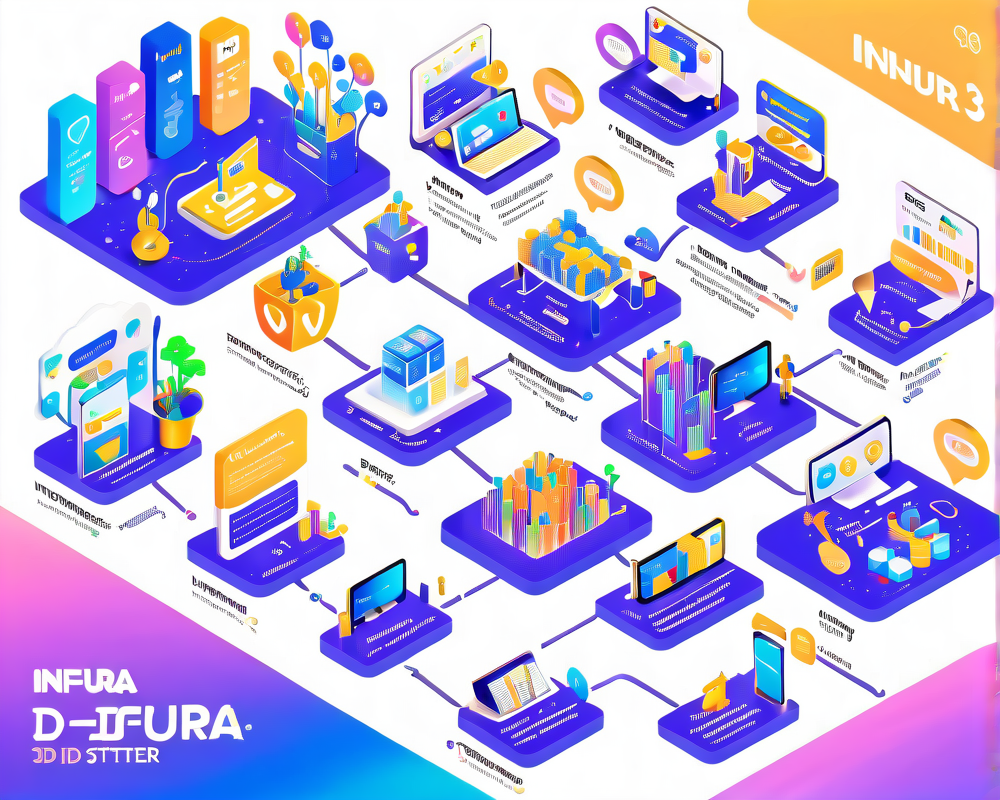Rethinking Our Digital Infrastructure
Ryan Shea, the co-founder of Blockstack, is ushering in a new era of communication that’s not just about connecting people, but also about organizing the very way we interact online. “The Internet exponentially increased our ability to communicate. Blockchains exponentially increase our ability to organize,” Shea explains, leading a charge towards a decentralized Internet.
The Rise of a Decentralized Internet
For the past few years, Shea and his team have been diligently constructing a decentralized Internet, leveraging Bitcoin as the core currency powering their vision. Users can control their data while engaging with applications without the shadow of centralization looming over them.
Why Blockchain Matters
The current Internet model is loaded with security flaws and centralized systems that put user data at risk. Shea points out that “traditional apps store user data in massive data silos,” making them prime targets for breaches. By flipping this model on its head, Blockstack offers a way to reclaim digital data ownership through decentralized systems.
Transforming Data Management
Imagine a world where Blockchain serves as the cornerstone of data management. Blockstack embodies this vision, striking a parallel between the way the Internet revolutionized communication and how Blockchain can transform data. In this new paradigm, users aren’t lighting candles in a cave of centralized systems; instead, they have the sun shining on them, providing autonomy and security.
Case Studies in Decentralization
Take Ethereum, for instance. Its decentralized applications (DApps) use smart contracts to handle data and transactions autonomously. While Blockstack’s initiative aims at a broader decentralized Internet, Ethereum has been busy automating large-scale operations in industries ranging from finance to insurance.
Big Tech and Blockchain
Speaking of giants, look no further than Microsoft, which recently introduced “Coco,” an independent Ethereum framework focused on privacy by employing zk-SNARKs from Zcash. Mark Russinovich, the CTO at Microsoft Azure, sums it up: “Coco presents an alternative approach to ledger construction, giving enterprises the scalability, distributed governance and enhanced confidentiality they need.”
The Challenge of Scalability
However, this decentralization dream doesn’t come without its challenges. Scalability remains a crucial hurdle that Ethereum developers are currently tackling. Only when scalability is conquered will we see platforms like Blockstack pave the way for an Internet that not only champions privacy but also ensures security.
The Road Ahead
The path to a fully decentralized Internet is paved with complexities and technical difficulties, but the potential benefits are enormous. By commercializing Blockchain technology, we can bolster our defenses against data monopolization and safeguard the integrity of our domain names and online connections.




